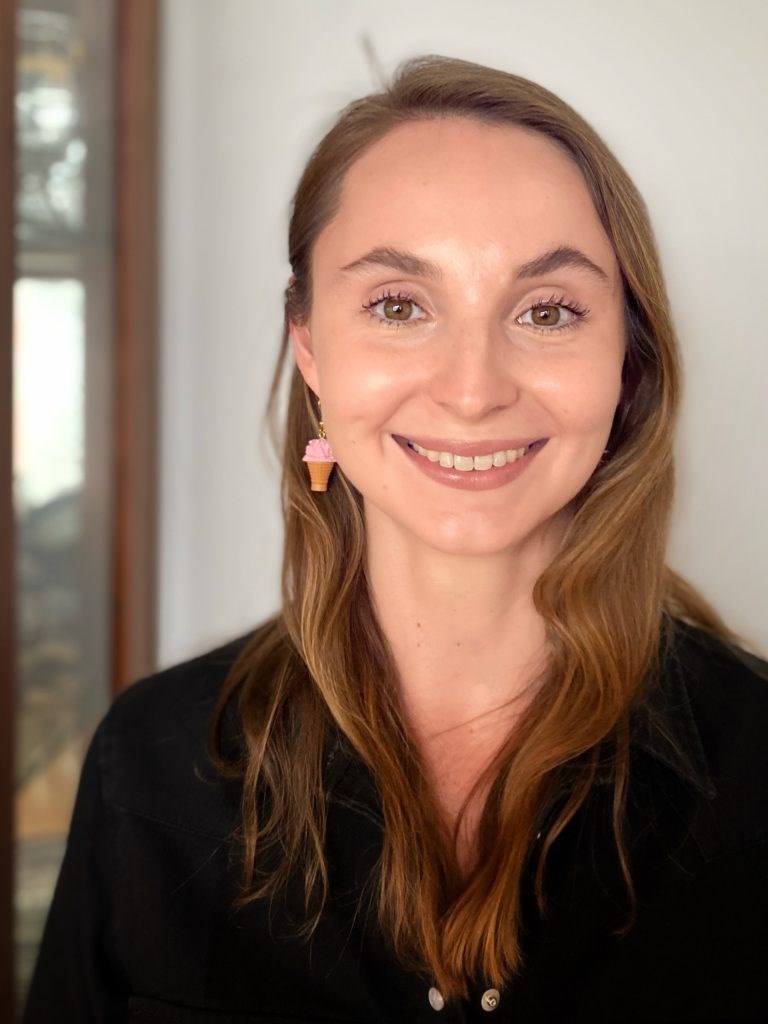Lisa LaFlamme’s recent dismissal as the CTV news anchor made international headlines—with allegations of ageism rallying public figures and inflaming social media.
The controversy also shed light on the disproportionate effect age stereotypes have on women, especially in the media industry. Although devastating, LaFlamme’s dismissal is far from an isolated incident. With 32 per cent of Canada’s population over 55, if ageism isn’t directly impacting you, it’s playing a role in the lives of your family, friends or work colleagues.

According to the World Health Organization, “ageism refers to the stereotypes, prejudice and discrimination towards others or oneself based on age.” As with many -isms, this occurs at both the individual and societal level, with these stereotypes infiltrating the policies, practices and structures of major institutions—such as the media, as with LaFlamme—but also healthcare, research, government and education.
Unlike its portrayal in our North American media, aging is not an inexorable march towards frailty and discomfort. As blue zone communities in Greece, Japan and Costa Rica demonstrate, old age does not have to be a big problem until individuals reach their nineties.
Four processes that affect whether we live better, for longer, include our physical, cognitive and emotional fitness; our understanding of aging; our efforts to prevent and tackle disease; and finally, thinking positively.
Of these four processes, thinking positively is the least commonly discussed. Becca Levy, a professor of epidemiology and psychology at the Yale School of Public Health, is working to change this. In her new book, Breaking the Age Code, Levy runs through the evidence that shows how beliefs about aging determine how long and how well people live.
Citing many of her own studies, Levy describes how individuals with more positive perceptions of aging perform better on physical and cognitive tests, are more likely to recover from severe disabilities, have stronger memories and better hearing, while also being less likely to develop psychiatric illnesses and experience cardiovascular events. Furthermore, individuals with positive perceptions of aging live an average of 7.5 years longer than their peers, with these beliefs playing a greater role in determining longevity than gender, income, social background, loneliness or functional health.
Dr. Levy takes these ideas a step further by showing that many of our negative beliefs about aging are less psychologically ingrained than we might think. In several of her studies, Levy reports that just 10 minutes of exposure to positive age stereotypes significantly ameliorates older people’s memory performance, walking speed and balance, with lasting improvements occurring after regular and consistent exposure. Not only does she provide evidence that our beliefs about aging play an essential role in the aging process, but that changing these beliefs is not as hard as we might think—it’s something we can all do in our own lives and communities.
As an individual, change your own mindset
Considering the malleability of these beliefs, Levy provides a structure for chipping away at our own negative age stereotypes, while building a mindset of thriving as we age. Levy calls this framework The ABCs of Age Liberation, providing multiple exercises to facilitate each step in the framework. She recommends we each:
*Increase awareness of both positive and negative representations of aging in society. As a start, Levy suggests building a list of positive older role models, drawing from our own lives, broader society, history or even fiction. She also suggests looking for ways to expand our social circles to be more intergenerational or look for ways to increase intergenerational contacts in our daily lives.
*Place blame where it belongs by remembering that physical and cognitive health challenges can be in part attributed to the negative beliefs instilled by society. For example, she recommends we avoid the term “senior moment” to describe when either we or an older person misplaces objects or details. Instead, she suggests we consider other causes of temporary forgetfulness: being rushed, distracted, stressed, or upset.
*Challenge negative age beliefs to reduce the harm caused by ageism. Levy recommends determining which candidates for public office are considering the well-being of their older constituents. She also recommends we confront media ageism when it arises. For example, send a letter or sign a petition to inform Bell Media of your support for Lisa LaFlamme.
Levy calls for an end to structural ageism, offering ideas for how we can impact change in different parts of our communities. For exampe, in medicine, provide more specific training in the care of older patients, that is comparable to what all medical education programs do for pediatrics.
In government, install a federal anti-ageism agency that advocates for the rights of older adults and that champions age empowerment programs.
In the workplace, institute a system to rate companies on age positivity and inclusiveness, much like existing programs for evaluating environmental impact.
In public spaces, establish age-inclusive housing that integrates older individuals into their communities, encourages intergenerational contact, and supports healthy habits.
In media, award prizes to advertisements that highlight positive age stereotypes and empower older people.
In popular culture, establish a national holiday that celebrates older individuals, much like with Japan’s Respect for the Aged Day.
In light of Lisa LaFlamme’s struggle, we all need to rethink aging. Like any revolution, that change might start small — have a conversation with a
family member or friend about this article.
Larry W. Chambers has authored 200 articles and books concerning aging, disease prevention (e.g., dementia), and community supports for older adults. He is Research Director of the Niagara Regional Campus, Michael G. DeGroote School of Medicine, McMaster University.
Rebekah Sibbald is a medical student in the Niagara Regional Campus, Michael G. DeGroote School of Medicine, McMaster University.